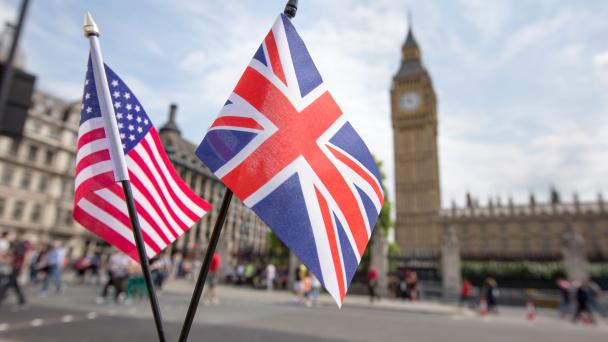Demographic Divides: What drives attitudes in the UK and US?

The public’s attitudes towards artificial intelligence (AI) are strongly influenced by their political values, according to the latest British Social Attitudes (BSA) report from the National Centre for Social Research (NatCen). While some applications of AI are widely viewed as beneficial, there is considerable variation in how people evaluate its risks and advantages, particularly when it comes to the government’s use of AI for surveillance or welfare decision-making.
These findings come at a time when the UK Government is seeking to accelerate the use of AI in public services and the economy, and as public concern grows over the rapid deployment of emerging technologies.
Alex Scholes, Research Director at the National Centre for Social Research (NatCen), said: “As AI becomes more embedded in society, understanding how people respond to its different uses will be critical for both policymakers and developers. This research, in collaboration with the Alan Turing Institute and the Ada Lovelace Institute, shows that public attitudes are far from uniform. They are shaped not only by demographic factors but also by people’s political values. Importantly, even with the public's diverse views about the benefits and risks of AI, there is widespread public agreement on the need for effective regulation.”
Octavia Field Reid, Associate Director at Ada Lovelace Institute, said: “It is clear that people’s understanding, trust and comfort with AI are shaped by their political values and their experiences of every specific technology and the institutions using it. Policymakers need to ensure that the current AI adoption agenda aligns with public attitudes and expectations, especially within the public sector.
“This important research can help policymakers better understand the different concerns about AI across society, including those from minoritised groups, and how these intersect with other areas of public policy, such as the job market and policing.”
Receive a regular update, sent directly to your inbox, with a summary of our current events, research, blogs and comment.
Subscribe